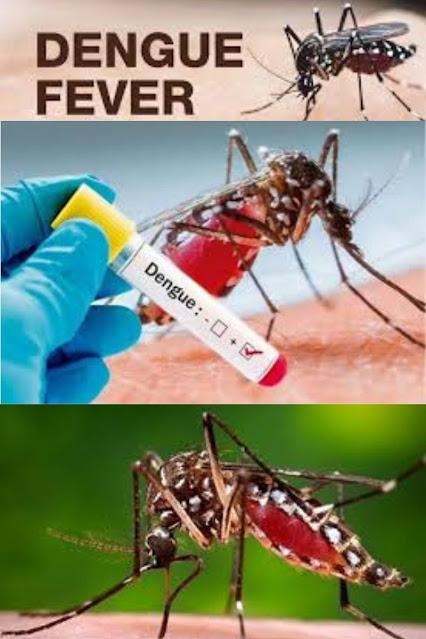 |
| fever in dengue |
fever in dengue: Dengue fever Symptoms
Dengue fever is a viral illness that is transmitted through the bite of an infected mosquito. The disease is caused by one of four serotypes of the dengue virus, and symptoms can range from mild to severe. One of the most common symptoms of dengue fever is a high fever, which can last for several days.
The onset of dengue fever is usually sudden, and symptoms can include fever, headache, muscle and joint pain, and a rash. The fever can be as high as 104 degrees Fahrenheit, and can last for up to 7 days. Other symptoms of dengue fever can include nausea, vomiting, and abdominal pain. In severe cases, the disease can lead to dengue hemorrhagic fever or dengue shock syndrome, which can be fatal.
Dengue fever is most common in tropical and subtropical regions of the world, particularly in Southeast Asia, the Caribbean, and Latin America. The disease is caused by a virus that is transmitted by the Aedes mosquito, which bites during the day. There is no specific treatment for dengue fever, and treatment is usually focused on relieving symptoms.
To prevent dengue fever, it is important to take measures to protect yourself from mosquito bites. This includes wearing long sleeves and pants, using insect repellent, and staying indoors during peak mosquito biting hours. In addition, it is important to eliminate standing water around your home, as this is where mosquitoes breed.
Dengue fever Symptoms
If you suspect that you have dengue fever, it is important to see a doctor right away. The disease can be difficult to diagnose, as the symptoms are similar to those of other viral illnesses. Your doctor will take a detailed medical history and perform a physical examination, and may also order blood tests to confirm the diagnosis.
If you are diagnosed with dengue fever, it is important to get plenty of rest and stay hydrated. Over-the-counter pain relievers can help to reduce fever and relieve pain. It's also important to avoid aspirin and non-steroidal anti-inflammatory drugs (NSAIDs) as they can increase the risk of bleeding.
In severe cases, hospitalization may be necessary. Hospitalization is usually recommended for patients who have severe bleeding or fluid accumulation in the lungs or pleural cavity.
Dengue fever treament
Dengue fever is a serious public health concern in many parts of the world. With no specific treatment or vaccine available, prevention is crucial. By taking steps to protect yourself from mosquito bites and eliminating standing water around your home, you can help to reduce your risk of contracting this disease. If you suspect that you have dengue fever, it is important to see a doctor right away to receive the proper diagnosis and treatment.
Amzon product purchase click now



